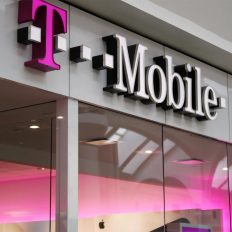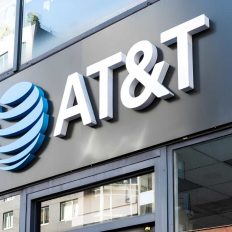T-Mobile is taking legal action against the New Jersey court for not approving the company's plan to build a cell tower and laying the grounds as invalid. The plan to build a tower on a local school was given a go-ahead in 2010 but was halted due to financial constraints. Since then, the telecommunication service provider has been paying the lease for the facility and has made more than half of the required payments. It continued operations a while back, but now, the company is facing blockages from the Wanaque planning board and the town's residents.
T-Mobile sues New Jersey for being a hindrance in building a crucial telecommunication facility that it was paying lease off for nearly 14 years
In its legal pursuit, T-Mobile states that the municipality of Wanaque, New Jersey, denied the application for building the cell tower but lacked legal grounds and thus, the rejection stands invalid. The company has been working on its plan to build the facility since 2010. Since then, it has started paying off installments of the 25-year lease and has made part of the payments for 14 years for the land at Lakeland Regional High School.
The cell tower construction was originally halted by T-Mobile themselves due to a lack of resources for building the tower and partially because of the work in the high school where the facility was to be constructed. In March 2023, the telecommunication service provider decided to pursue the construction and submitted an application. It also bore other fee expenses in its pursuit, but the town seemed to be after the company as soon as it returned to its operations.
Borough's Financial consultant suggested that T-Mobile look for alternative locations for the cell tower, and the company said it was aware that the requirement had no legal reasoning, but it was still open to exploring other sites. The attempts to consider other options for the facility were of no avail since the purpose of removing the gap with the wireless service would not be fulfilled, and this would automatically take away the need for building the cell tower in the first place.
The planning board's decision was based on health concerns due to the possible negative environmental impact of telecommunication on the residents, especially the children studying at the school who could potentially be exposed to electromagnetic radiation. The town felt the residents would be 'unsafe' due to radio frequencies and rejected the company's notion of building the tower on the land.
T-Mobile has pressed five different charges on Wanaque's planning board for rejecting its cell tower application on invalid grounds and has also demanded compensation in the form of fees and damages. The company additionally requested the authorities to seize the city's role in the company's operations and let the company do its job.





